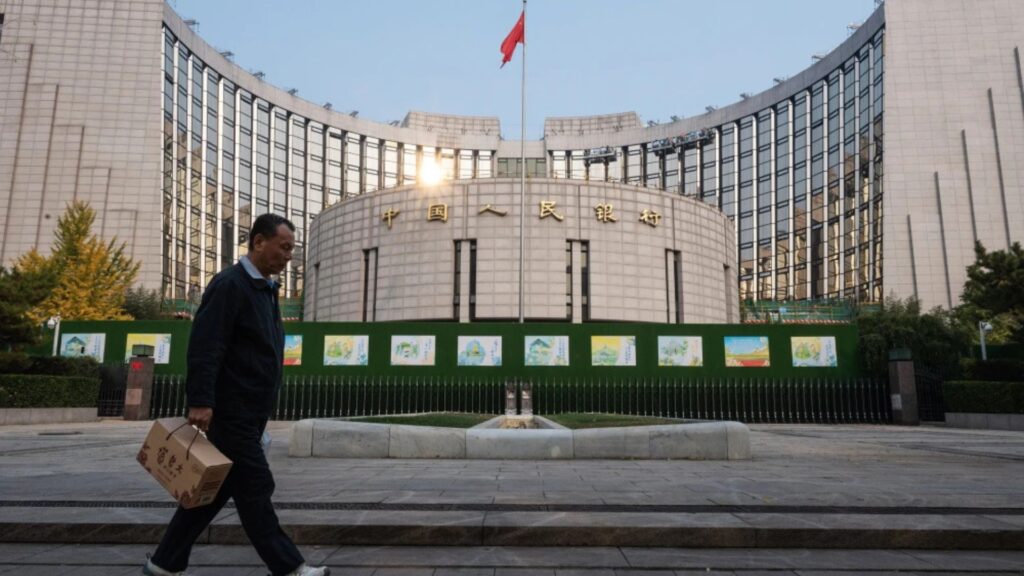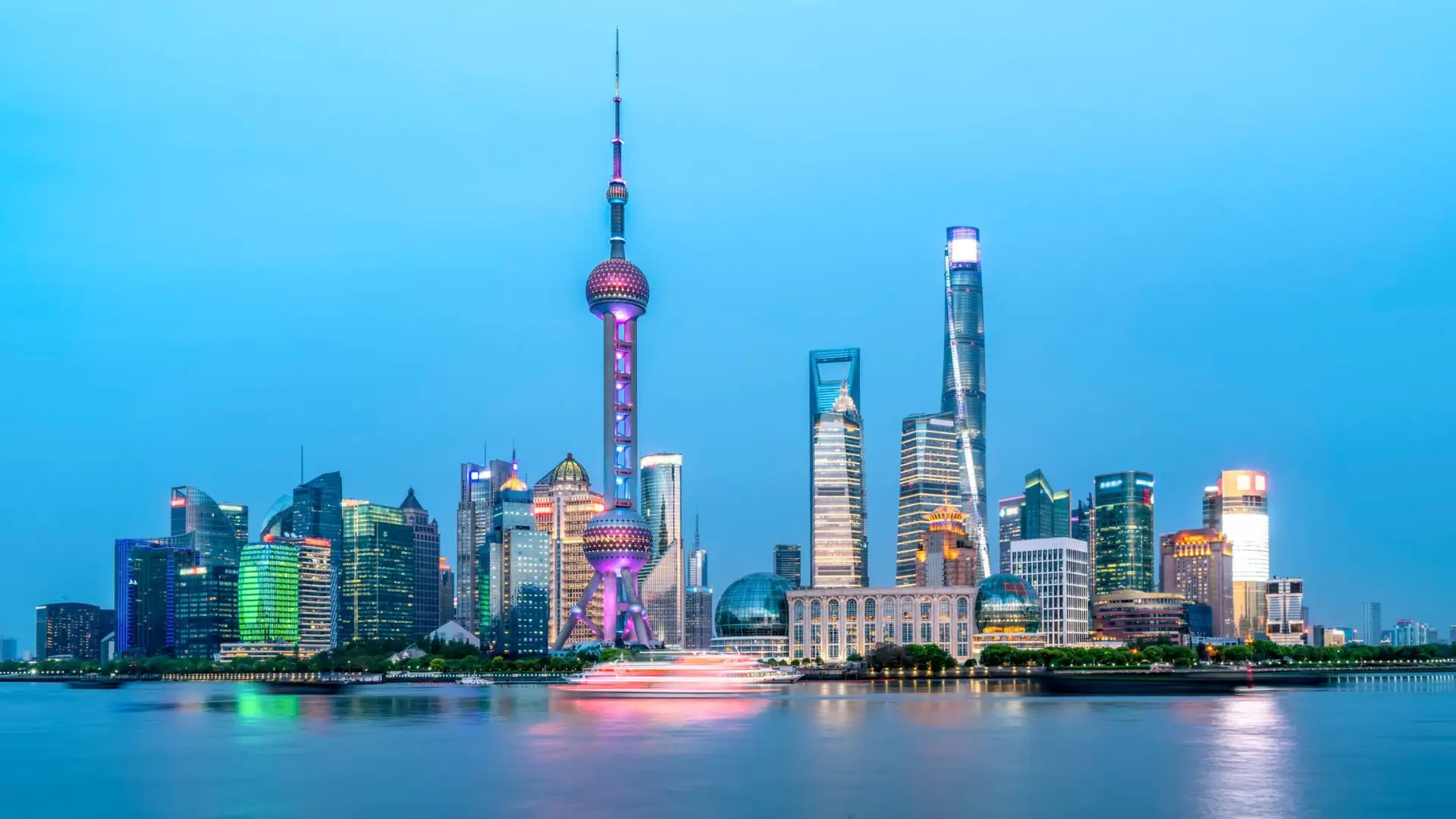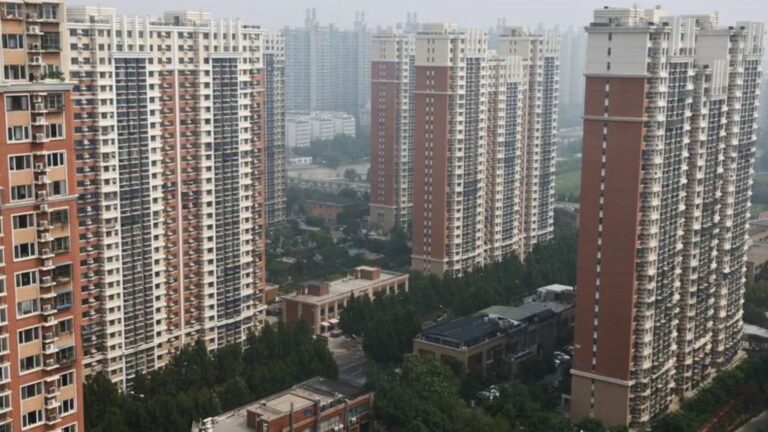
China is rolling out a sweeping ¥1 trillion ($140 billion) bailout for local governments to clear more than $1 trillion in unpaid bills owed to private companies—one of Beijing’s most ambitious efforts to stabilize the economy in years (Bloomberg, Reuters). State lenders, including China Development Bank, will extend new loans enabling local authorities to settle arrears, with the initiative’s first phase due for completion by 2027.
Xi Jinping’s Warning Triggers Emergency Action
The urgency behind the plan intensified after President Xi Jinping warned in February that overdue payments were “hurting businesses and society” and could “cripple” the private sector. Xi instructed ministries and state-owned firms to “take the lead” and ensure these debts are paid quickly, demanding policies be implemented “with no ambiguity, delay, or compromise” (Business Times).
Scope of the Challenge
Analyst David Li Daokui estimates the total government-related entities debt at nearly ¥10 trillion ($1.4 trillion)—some 7% of annual GDP—partly caused by slumping land sales, the primary revenue source for many local governments. While much of the debt sits off-balance-sheet, authorities guarantee repayment, maintaining responsibility. To strengthen the bailout, China may also issue up to ¥200 billion in special bonds for land-reserve and construction projects (CryptoRank).
Pressure Mounts on China’s Banks
The unprecedented bailout shifts heavy risks to state banks already pressured by shrinking profit margins and rising defaults. Top commercial banks set aside ¥3.51 trillion ($492 billion) for loan losses in the first half of 2025—a 6% rise from year-end—while their net interest margin has fallen to a record-low 1.42%. Executives want regulatory safeguards in case the new bailout loans sour, as the sector’s combined profit dropped 7.7% in H1 2025, its first decline since the pandemic began (Business Standard).
This latest rescue highlights Beijing’s attempt to stave off a broader crisis by shifting debts from cash-strapped local governments onto a banking system already under strain—its ultimate success remains uncertain.











